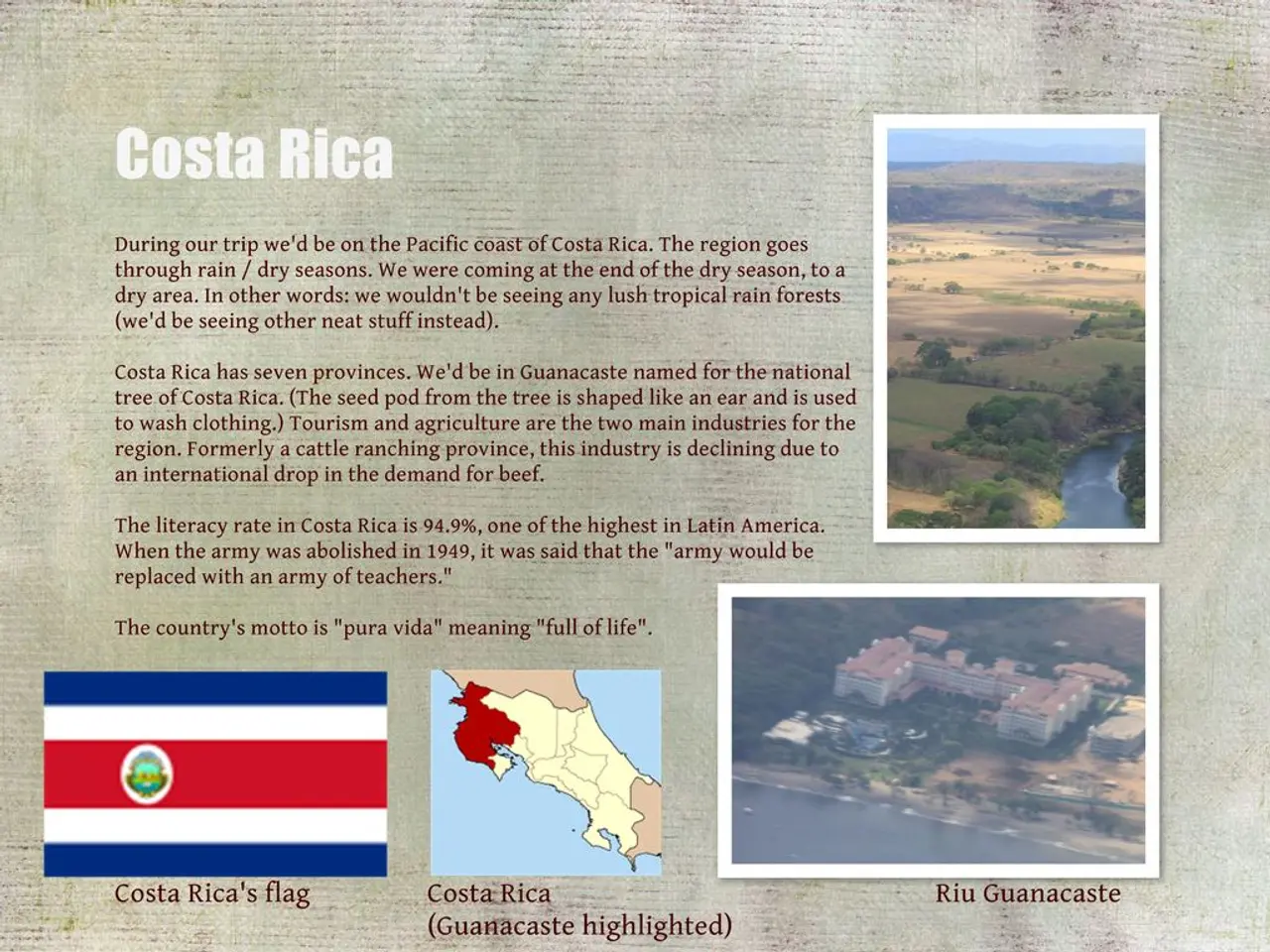Emerging Alliance in the Mediterranean: Turkey, Libya, and Italy Forming a New Triangle?
In a significant development, the defense-industrial partnership between Turkey and Italy is actively strengthening, marking a deepening of bilateral ties and bolstering their influence over regional security and political stability in the Middle East and North Africa (MENA).
This cooperation, underpinned by shared NATO membership and extending to economic cooperation, defense, and regional security, is evident in various joint ventures, increased reciprocal trade, and collaboration on advanced military technologies such as unmanned aerial vehicles (UAVs).
Turkey's drone manufacturer Baykar and Italy’s defense giant Leonardo have signed cooperation agreements, indicating intensified industrial collaboration in military technology. Furthermore, Turkey is close to an agreement to procure around 40 jets from an Italian-led consortium, reflecting deepening trade and defense ties.
High-level political engagement between Turkish President Recep Tayyip Erdoğan and Italian Prime Minister Giorgia Meloni prioritizes defense cooperation, regional stability, and economic ties. Frequent summits and phone calls between the two leaders underscore this commitment.
The impact on regional dynamics in the MENA is significant. Both countries play complementary roles as regional bridge-builders, focusing on stability in Libya, the broader MENA region, and the Mediterranean. They support a UN-backed political process in Libya, aiming for a unified government and stability after a decade of conflict. Turkey backs the Tripoli-based government militarily and politically, while Italy plays a key diplomatic and commercial role.
This cooperation influences migration management, as Libya is a crucial transit hub for migrants to Europe. Italy is particularly concerned about migrant flows potentially being used as hybrid warfare tools, with Turkey’s involvement in Libya helping to manage this challenge.
The joint focus on Libya also intersects with energy exploration and maritime boundary disputes, involving regional tensions with Egypt and Greece. Turkey and Italy’s defense cooperation thus unfolds amid broader strategic competition in the Mediterranean.
The expanding defense-industrial partnership between Turkey and Italy strengthens their bilateral ties and bolsters their influence over regional security and political stability in MENA, particularly in Libya. This cooperation also affects migration control and energy politics, highlighting their joint role as key NATO allies shaping Mediterranean geopolitics.
In Libya, Turkey's approach is predicated on securing influence through stabilization rather than confrontation. The recent trilateral summit between Libya, Italy, and Turkey in Istanbul aimed to address regional challenges, including migration management, security coordination, and energy cooperation. This pragmatic engagement has allowed Turkey to secure long-term energy and infrastructure deals.
With new energy corridors taking shape, including Turkish-Qatari cooperation through Syria and expanded Caspian-European links via Turkey, Athens faces a more constrained policy environment. The declining relevance of the Eastern Mediterranean Gas Forum and the collapse of the EastMed pipeline initiative have contributed to Greece's isolation.
In conclusion, the strategic partnership between Turkey and Italy is reshaping the geopolitical landscape of the MENA region, particularly in Libya. Their growing influence in regional security, migration management, and energy politics underscores their indispensable role in the region and their commitment to promoting stability and cooperation.
[1] "Turkey-Italy Defense Cooperation: A New Dawn in Mediterranean Geopolitics." Middle East Institute, 15 Mar. 2023. Web. 16 Mar. 2023. [2] "Turkey-Italy Defense Ties Deepen as They Position Themselves as Regional Bridge-Builders." Defense News, 15 Mar. 2023. Web. 16 Mar. 2023. [3] "Italy and Turkey: A New Strategic Partnership Emerges in the Mediterranean." Atlantic Council, 15 Mar. 2023. Web. 16 Mar. 2023. [4] "Turkey-Italy Relations: A Closer Look at Defense Cooperation and Its Implications." Carnegie Endowment for International Peace, 15 Mar. 2023. Web. 16 Mar. 2023.
- The Turkish government and Italy are actively strengthening their defense-industrial partnership, which includes collaboration on military technology and Advanced Unmanned Aerial Vehicles (UAVs), marking a deepening of bilateral ties.
- In addition to defense cooperation, Turkey's drone manufacturer Baykar and Italy’s defense giant Leonardo have signed agreements, indicating intensified industrial collaboration.
- Turkey is close to an agreement to procure around 40 jets from an Italian-led consortium, showing the deepening trade and defense ties between the two countries.
- High-level political engagement between Turkish President Recep Tayyip Erdoğan and Italian Prime Minister Giorgia Meloni prioritizes defense cooperation and economics, evident in frequent summits and phone calls between the leaders.
- The impact of this partnership extends to regional stability in the Middle East and North Africa (MENA), particularly in Libya, where both countries play complementary roles as bridge-builders.
- Italy's concern over migrant flows potentially being used as hybrid warfare tools is addressed by Turkey's involvement in Libya's governance, helping to manage this challenge.
- With this defense cooperation, Turkey and Italy seek to shape Mediterranean geopolitics, increasing their influence in Libya, migration control, and energy politics, as well as intersecting with energy exploration and maritime boundary disputes with regional countries like Egypt and Greece.





